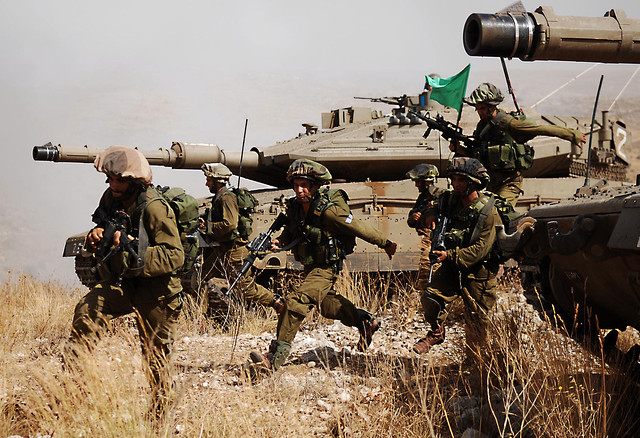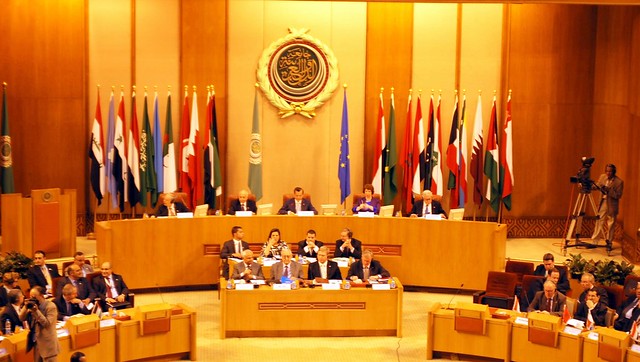Lebanon: There are no Drums without War
Written by J. Comins
Translation: María Blanco Palencia

During the last weeks, the city of Tripoli has become the scenario of confrontation between Sunnis and Alawis, this is, between those who support the Syrian revolts and those who support Bashar al Assad’s regime. When everything seemed to indicate that sectarianism would be the most probable factor of instability in Lebanon, a new rhetoric escalation from Israeli armed forces has contradicted all forecasts. Since 2006, the shadow of a new war episode has been present in strategic plans; however now, given the Syrian crisis, Israel and Hezbollah are ready to show the international community that they are willing to start the third war in Lebanon. (more…)

_Makkah_(Mecca)_(crop).png)
 Saudi Arabia and Egypt are the two Middle Eastern actors with a greatest strategic relevance. They both constitute, together with Israel, the
Saudi Arabia and Egypt are the two Middle Eastern actors with a greatest strategic relevance. They both constitute, together with Israel, the